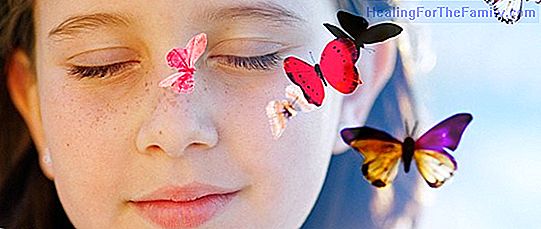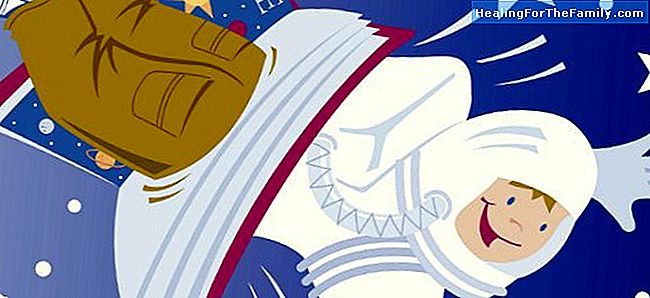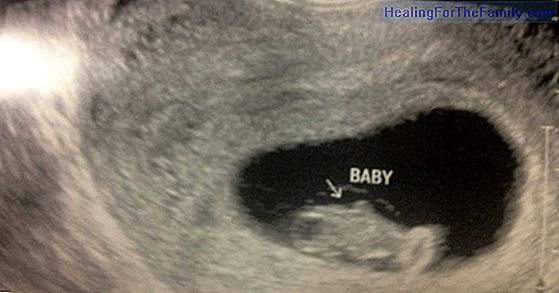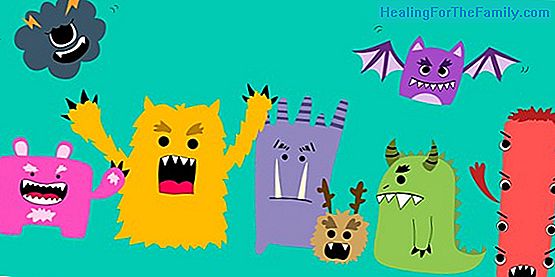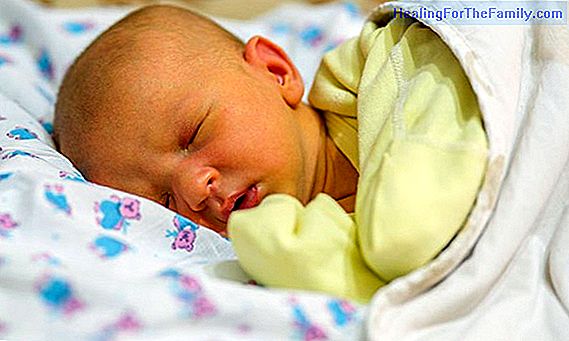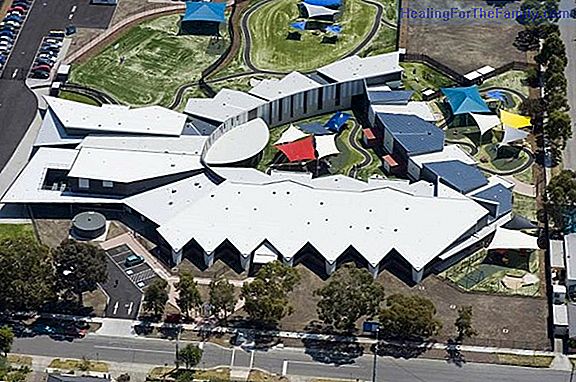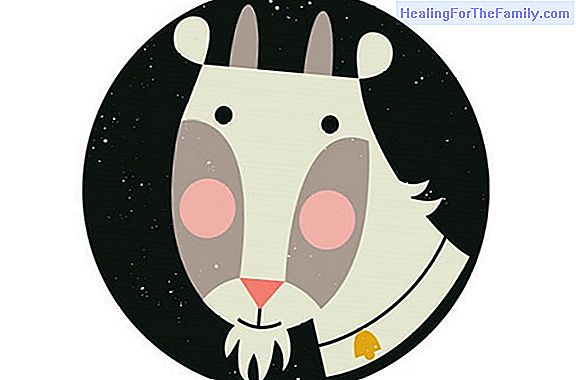Foods not recommended for babies
After 6 months, babies start complementary feeding. Little by little, and given to try different foods, parents try to introduce their child in the usual menus of his family. Nonetheless, although food restrictions are scarce from the beginning of the year, it is worth bearing in mind that some food
After 6 months, babies start complementary feeding. Little by little, and given to try different foods, parents try to introduce their child in the usual menus of his family.
Nonetheless, although food restrictions are scarce from the beginning of the year, it is worth bearing in mind that some foods may be discouraged until later in life.
Food not recommended for babies
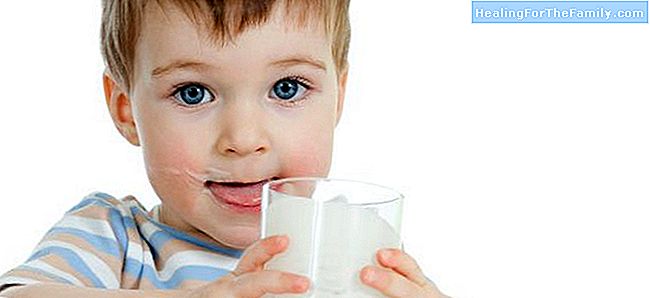
1. Milk: Although it is recommended to maintain breastfeeding at least until 2 years of age, starting at 12 months, babies can drink cow's milk. However, skimmed or semi-skimmed milk is not recommended as the baby still benefits from the fat from the whole milk and the calories it provides for growth and development. Dairy derivatives, such as cheese or yogurt, are also recommended to be whole. Normally, and unless the baby is at risk of obesity or heart problems, low-fat dairy products will not be introduced into their diet until they are 2 years old.
For similar reasons, and because fat is also a vehicle for essential vitamins and minerals, it is also not advisable to offer babies other low-fat foods, but their original versions. However, if conv avoid saturated and hydrogenated fats presentes, present in fast food or industrial bakery. 2. Salt and sugar:The introduction of salt and sugar should be postponed as long as possible. The kidneys of babies are not prepared for salty meals, and sugar is absolutely unnecessary in your diet. The baby's diet already includes natural sugar, like the one that comes from the fruit, and this can be used in case you need to sweeten some of your meals.
3. Honey: In this same line should also avoid honey, not only because it is sugar and is related to obesity and dental caries, but also because honey can be found spores of
Clostridium botulinum , microorganism producing the toxin cause of botulism, a neurological disease that can be serious if not treated in time. The current recommendations vary between 12 and 24 months for the introduction of honey in the baby's diet. Fr 4. Nuts: Nuts can cause allergies, so they should be introduced with extreme caution in the baby's diet, not before 12 months. In addition, and because they can cause choking, the strictest recommendations do not recommend their introduction before 5 years. However, the type of diet the baby carries and his ability to chew can indicate whether or not he is ready to consume whole nuts.Beware of some fruits and fish before 2 years
To avoid choking, you should also avoid offering grapes, cherries or whole cherry tomatoes aunque, although they are perfectly safe if cut in halves or quarters. As a general idea, any food whose size exceeds that of a pea, can be caught blocking the airways and must be cut into pieces before offering it to the baby.
Fish with high concentrations of mercury, such as swordfish, should be avoided in childhood and adolescence. In addition, fish, shellfish or eggs must be properly cooked before offering them to the child to avoid possible food poisoning.
In general, and unless expressly recommended, after 2 years a child can eat everything. Your chewing skills will be increasing, and can guide on what foods should be avoided and until when, to avoid choking.

